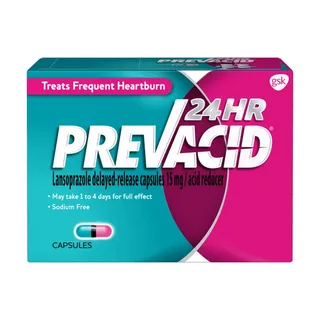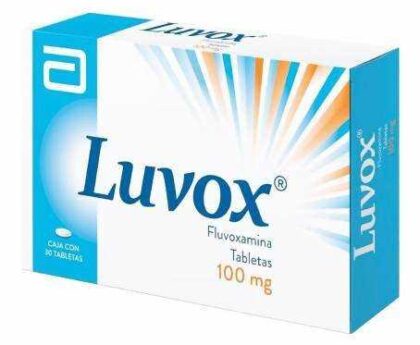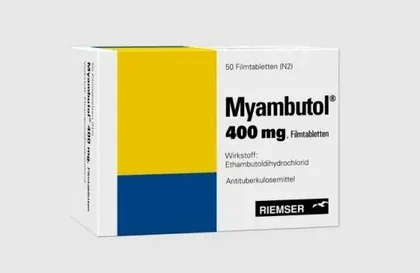Prevacid, with the active ingredient lansoprazole, is a proton pump inhibitor (PPI) that decreases stomach acid production. It is commonly used to treat gastroesophageal reflux disease (GERD), erosive esophagitis, and conditions caused by excessive stomach acid, such as Zollinger-Ellison syndrome. Prevacid is also prescribed for the treatment and prevention of stomach and duodenal ulcers, including those caused by Helicobacter pylori infection or prolonged NSAID use. The medication provides long-lasting relief from symptoms like heartburn, regurgitation, and stomach discomfort. Prevacid is available in delayed-release capsules and orally disintegrating tablets, making it convenient for a wide range of patients.


Relief from GERD Symptoms
Prevacid is highly effective in relieving symptoms of gastroesophageal reflux disease (GERD), such as persistent heartburn, acid regurgitation, and chest discomfort. It works by reducing stomach acid production, helping to protect the esophagus from acid damage, promoting healing, and providing lasting symptom relief.

Treatment of Erosive Esophagitis
Prevacid is used to treat erosive esophagitis, a condition where the esophagus is inflamed due to prolonged exposure to stomach acid. By significantly lowering stomach acid levels, Prevacid promotes the healing of the damaged tissue and prevents further complications, such as esophageal stricture or Barrett’s esophagus.

Prevention and Treatment of Ulcers
Prevacid is effective in treating and preventing the recurrence of stomach and duodenal ulcers, including those linked to Helicobacter pylori infection or long-term NSAID use. By reducing acid production, it creates an optimal environment for ulcers to heal and helps prevent complications like bleeding or perforation.
Prevacid – Product Description
Overview:
Prevacid (lansoprazole) is a proton pump inhibitor (PPI) designed to reduce stomach acid production and provide effective relief for various acid-related gastrointestinal conditions. It is primarily indicated for the treatment of GERD, erosive esophagitis, and peptic ulcers. By inhibiting the enzyme responsible for acid secretion, Prevacid quickly alleviates symptoms such as heartburn, regurgitation, and acid indigestion, while promoting the healing of acid-related damage to the esophagus and stomach.
Indications:
Prevacid is indicated for:
Short-term treatment and maintenance therapy for GERD and erosive esophagitis.
Treatment and prevention of gastric and duodenal ulcers, including those caused by H. pylori or NSAID use.
Management of conditions involving excessive stomach acid production, such as Zollinger-Ellison syndrome.
How to Use:
Prevacid is available in delayed-release capsules and orally disintegrating tablets. The typical adult dose for GERD is 15-30 mg once daily, taken before meals. For the treatment of ulcers, dosage and duration may vary according to the condition being treated. It is important to follow the instructions of your healthcare provider regarding dosage and duration. Swallow capsules whole; do not crush or chew them. Orally disintegrating tablets should dissolve on the tongue without water.
Advantages:
Prevacid offers several advantages, including rapid relief from heartburn and other symptoms of GERD, effective healing of erosive esophagitis, and the prevention and treatment of stomach and duodenal ulcers. It has a well-established safety profile, making it suitable for both short-term and long-term use under medical supervision. Prevacid’s different formulations, including capsules and orally disintegrating tablets, provide flexible options to suit different patient needs.
Conclusion:
Prevacid is a proven, effective solution for managing acid-related gastrointestinal conditions such as GERD, erosive esophagitis, and peptic ulcers. It reduces stomach acid production, alleviating symptoms and promoting healing of the digestive tract. With its versatile formulations and a strong safety record, Prevacid remains a preferred choice for patients and healthcare providers.
Composition:
Each Prevacid capsule or orally disintegrating tablet contains lansoprazole as the active ingredient, available in 15 mg or 30 mg doses. Inactive ingredients may include magnesium carbonate, hydroxypropyl cellulose, hypromellose, mannitol, methacrylic acid copolymer, and titanium dioxide.
Note:
Prevacid should not be used in individuals allergic to lansoprazole or other proton pump inhibitors. Prolonged use of Prevacid may increase the risk of bone fractures, low magnesium levels, and gastrointestinal infections. Common side effects include headache, nausea, diarrhea, and abdominal pain. Consult your healthcare provider for guidance.
Prevacid: Effective Relief for Heartburn, GERD, and Ulcer Treatment
In this informative video, we explore Prevacid.
Why us?

Authenticity Guaranteed:
We ensure that every batch of Capoten is sourced from trusted manufacturers, providing you with genuine medication that meets the highest quality standards.

Competitive Pricing:
Our pricing is designed to make essential medications like Capoten accessible to all, offering competitive rates and frequent discounts to help you manage your health affordably.




